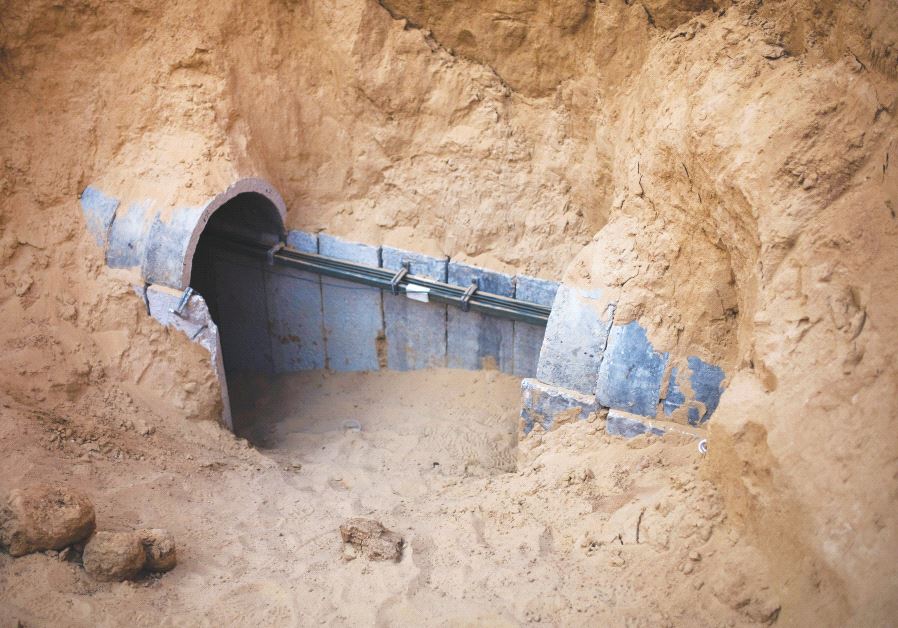Editor's Notes: Israelis have reason for concern ahead of future war
Tunnels are a threat to Israel, but the bigger threat is the government’s tunnel vision. It is time to correct that.
 TUNNELS FROM Gaza are a threat but the government’s tunnel vision also needs to be corrected
TUNNELS FROM Gaza are a threat but the government’s tunnel vision also needs to be corrected